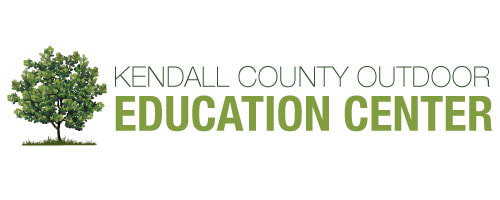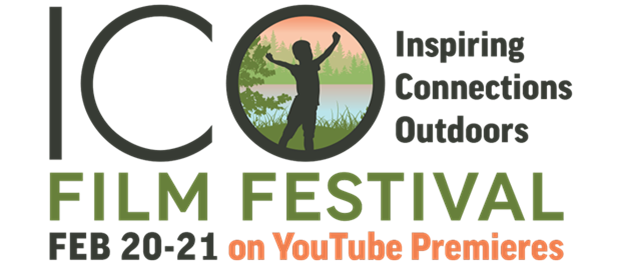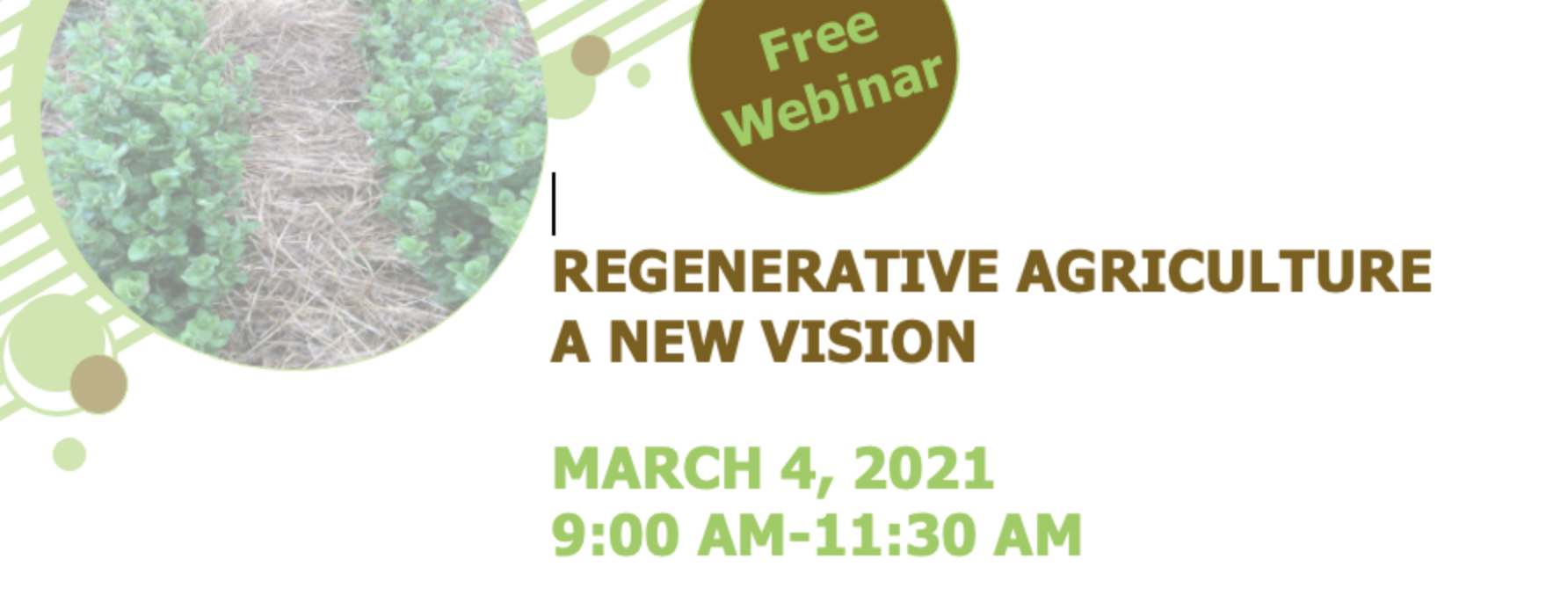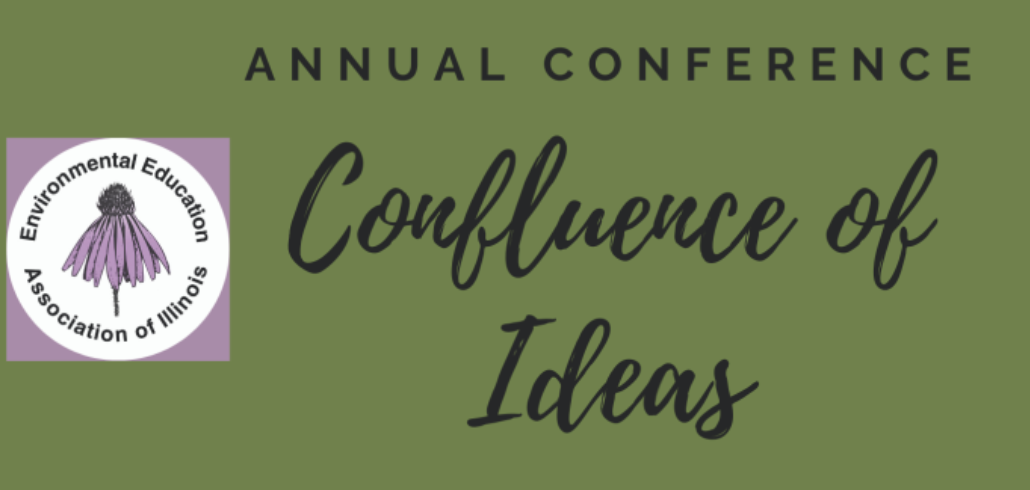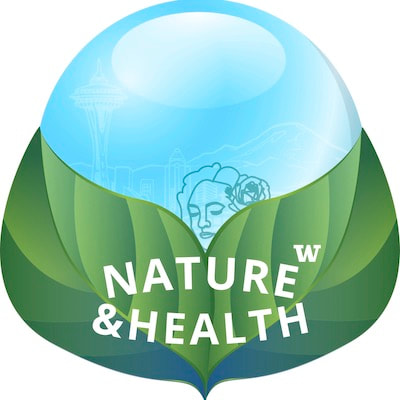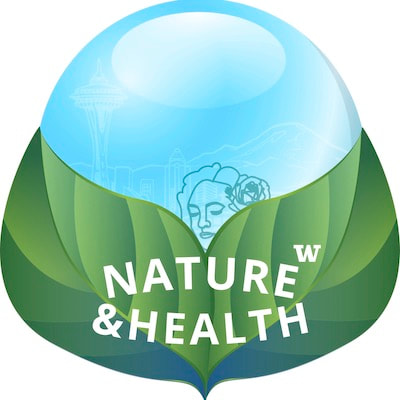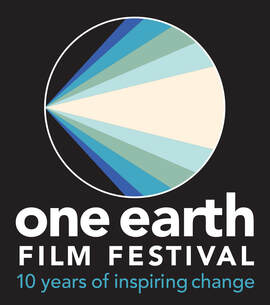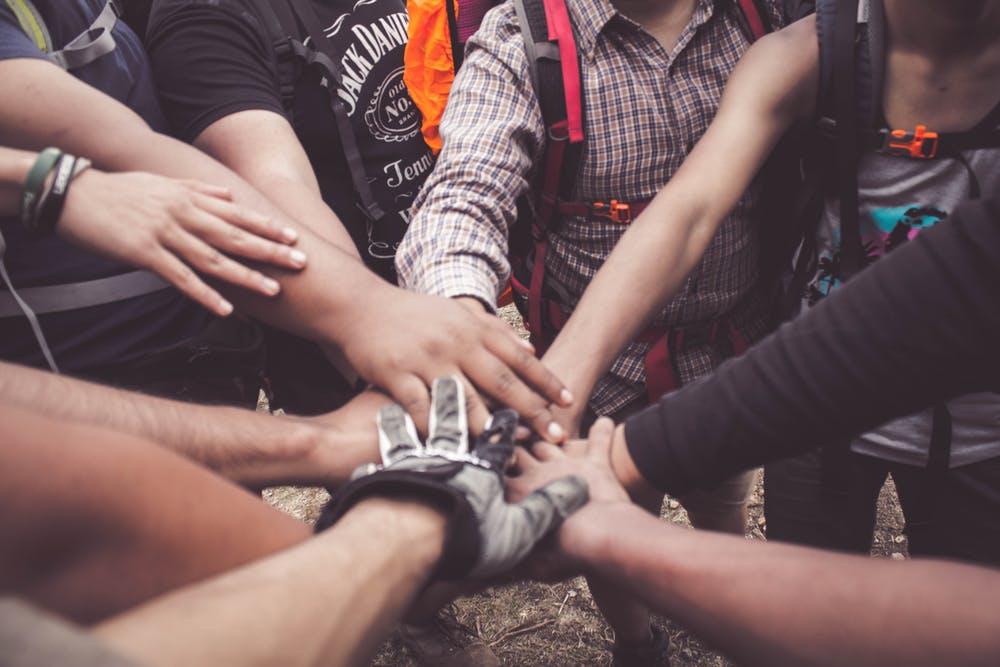Newsletter from Tuesday, February 16th, 2021
Dear NCH2 Community,
We hope you and your families are staying safe and well. Please submit materials for the next newsletter by February 26th, 2021 so we can make sure to include them. Submit items by emailing [email protected].
Upcoming Events
|
Nature Rx: Social Emotional Learning for Students and Teachers
Date: June 14th-18th, 2021 8:00 A.M- 4:30 P.M. Location: Hoover Forest Preserve, Yorkville, IL For more information or to register, contact Deanna Bazan at [email protected]. |
This 5-day course will offer experiences in outdoor settings to practice integration of SEL standards into current classroom curriculum. There will be a focus on team building activities, current outdoor curriculum aligned to state learning standards, and the introduction of resources in developing outdoor learning spaces at school sites. This process will address current issues such as priority learning standards during the pandemic, mental health of both students and teachers, limiting factors of outdoor education, and school building/district rules and expectations. Teachers will be encouraged to network with one another as they prepare lessons for use at their own indoor and outdoor learning spaces at their schools. It is truly an opportunity for experiential learning!
|
Inspiring Connections Outdoors Film Festival
Date: February 20-21, 2021 6 P.M. CST Location: Virtual Click here to learn more! |
Join us on February 20th and 21st ( at 7PM Eastern Time/6 Central/5 Mountain/4 Pacific ) for a 2-night, adventure virtual film fest to support Sierra Club’s Inspiring Connections Outdoors (ICO) youth programs. This year, ICO groups in Angeles, Chicago, New York City, New Jersey, Detroit, and Palm Beach County have teamed up to create this event. Donations are welcome and, 100% of the proceeds will go to support ICOs programming!
|
Reimagining Healthy Communities for People and Nature with Dr. Carolyn Finney
Date: February 17, 2021. 2-3:30 P.M. CST Location: Virtual Click here to register. |
Join the conversation with Dr. Carolyn Finney, author of the best-selling book Black Faces, White Spaces: Reimagining the Relationship of African Americans to the Great Outdoors. as she helps Chicago Wilderness define a new vision of conservation that can carry us into the future and involve the participation of all people. Dr. Finney’s talk will be followed by a conversation facilitated by Dr. Kristen Voorhies of the U.S. Fish & Wildlife Service.
|
Regenerative Agriculture Webinar: A New Beginning
Date: March 4, 2021 9 am - 11:30 am CST Location: Virtual Register here You are invited to learn how adjusting farming principles and practices can help to enhance the entire growing system of the farm, through soil health, water management and fertilizer use. Can these regenerative methods improve profitability and the marketing of your products? Join us for this free webinar to find out. |
|
EEAI Annual Conference 2021
Date: March 11-13 8:30 A.M. - 5:30 P.M. (times during days vary) Location: Virtual Register here Ensuring the health of the planet starts with having a population that understands the environmental problems our world is currently facing and has the knowledge, skills and motivation to take actions on solving those problems. You as educators, either formal or non-formal, are at the forefront of this work. It is you who inspire students to care about nature; it is you who teach students about the connections between natural systems and human communities; it is you who support students in feeling empowered to make a difference.
|
|
Nature and Health Community Gathering Webinar
Date: Tuesday, Mar 2, 2021, 7 – 8:30 p.m. PST Location: Virtual Learn more and register here Virtual happy hour with presenters such as Howie Frumkin, MD, DrPH emeritus professor of Environmental and Occupational Health Sciences at the University of Washington School of Public Health; Jesús Aguirre the Superintendent, Seattle Parks; Amber Fyfe-Johnson, ND, PhD, Assistant Research Professor at the Initiative for Research and Education to Advance Community Health (IREACH) at the Elson S. Floyd College of Medicine, Washington State University; Pooja Tandon, MD, Center for Child Health, Behavior and Development at Seattle Children’s Research Institute and Assistant Professor at the University of Washington |
|
Nature and Health Speaks: Hiking My Feelings
Date: Wednesday, March 3rd, 2021 12:30 P.M. PST Location: Virtual Learn more and register here Join Sydney Williams, author and founder of Hiking My Feelings, as she unpacks her "trauma pack", sharing the story of how hiking helped her reconnect to, and heal, her mind and body - kicking her limiting beliefs and Type 2 Diabetes to the curb in the process. The University of Washington is committed to providing access and reasonable accommodation in its services, programs, and activities. Accommodation requests related to a disability should be made by February 19, 2021 to [email protected]. |
If you love movies and you care about your health, your community and our magnificent planet we call home, join the Nature, Culture, and Human Health Network at the tenth anniversary season of the One Earth Film Festival, which takes place from March 5–14, 2021.
This year’s festival theme is “10 Years of Inspiring Change,” and you’re invited to watch more than 25 outstanding short and feature-length films that shine a light on the most important issues of our time. Learn solutions and actions addressing climate, environmental justice, conservation, waste and more. Watch online from the comfort of your own home, and participate in filmmaker and expert Q&As. Be moved. Be amazed. Be ready to create change.
Most film watch parties are free (suggested $8 donation). Advanced registration is highly recommended. Visit oneearthfilmfest.org for a festival schedule and to reserve your tickets
This year’s festival theme is “10 Years of Inspiring Change,” and you’re invited to watch more than 25 outstanding short and feature-length films that shine a light on the most important issues of our time. Learn solutions and actions addressing climate, environmental justice, conservation, waste and more. Watch online from the comfort of your own home, and participate in filmmaker and expert Q&As. Be moved. Be amazed. Be ready to create change.
Most film watch parties are free (suggested $8 donation). Advanced registration is highly recommended. Visit oneearthfilmfest.org for a festival schedule and to reserve your tickets
In the News
|
Researchers identify social factors inoculating some communities against coronavirus
“Social capital”, interconnectedness and communal trust, is an important component of vital and healthy communities. This article from the February 11, 2021 Washington Post discusses the results of one of this week’s Recent Research articles (Makridis and Wu, 2021). Click here to read more. |
Papers of the Month:
Overview:
Why have the effects of COVID-19 been so unevenly geographically distributed in the United States? This paper investigates the role of social capital as a mediating factor for the spread of the virus.
Citation:
Makridis, C. A. and C. Wu (2021). "How social capital helps communities weather the COVID-19 pandemic." PLoS One 16(1): e0245135. https://www.ncbi.nlm.nih.gov/pubmed/33513146
Overview:
Biodiversity is a cornerstone of human health and well-being. However, while evidence of the contributions of nature to human health is rapidly building, research into how biodiversity relates to human health remains limited in important respects. In particular, a better mechanistic understanding of the range of pathways through which biodiversity can influence human health is needed.
Citation:
Marselle, M. R., T. Hartig, D. T. C. Cox, S. de Bell, S. Knapp, S. Lindley, M. Triguero-Mas, K. Böhning-Gaese, M. Braubach, P. A. Cook, S. de Vries, A. Heintz-Buschart, M. Hofmann, K. N. Irvine, N. Kabisch, F. Kolek, R. Kraemer, I. Markevych, D. Martens, R. Müller, M. Nieuwenhuijsen, J. M. Potts, J. Stadler, S. Walton, S. L. Warber and A. Bonn (2021). "Pathways linking biodiversity to human health: A conceptual framework." Environment International 150: 106420. https://www.sciencedirect.com/science/article/pii/S0160412021000441
Overview:
In a rapidly urbanizing world, identifying evidence-based strategies to support healthy design is essential. Although urban living offers increased access to critical resources and can help to mitigate climate change, densely populated neighborhood environments are often higher in many of the physical and psychological stressors that are detrimental to health, and lower in the social capital that is beneficial to health. One component of urban form that can reduce these stressors and improve social capital is nature: greenspace, such as parks and street trees, and bluespace, such as rivers and oceans. In this project, we applied measures from a Natural Space Index previously developed for the Vancouver, Canada census metropolitan area to explore the relationship between distinct measures of natural space and prevalence of (1) major depressive disorder, (2) negative mental health, and (3) psychological distress.
Citation:
Rugel, E. J., R. M. Carpiano, S. B. Henderson and M. Brauer (2019). "Exposure to natural space, sense of community belonging, and adverse mental health outcomes across an urban region." Environmental Research 171: 365-377. https://www.ncbi.nlm.nih.gov/pubmed/30716514
Check out our Recent Research Page for more peer-reviewed articles of interest!
Happy reading!
Overview:
Why have the effects of COVID-19 been so unevenly geographically distributed in the United States? This paper investigates the role of social capital as a mediating factor for the spread of the virus.
Citation:
Makridis, C. A. and C. Wu (2021). "How social capital helps communities weather the COVID-19 pandemic." PLoS One 16(1): e0245135. https://www.ncbi.nlm.nih.gov/pubmed/33513146
Overview:
Biodiversity is a cornerstone of human health and well-being. However, while evidence of the contributions of nature to human health is rapidly building, research into how biodiversity relates to human health remains limited in important respects. In particular, a better mechanistic understanding of the range of pathways through which biodiversity can influence human health is needed.
Citation:
Marselle, M. R., T. Hartig, D. T. C. Cox, S. de Bell, S. Knapp, S. Lindley, M. Triguero-Mas, K. Böhning-Gaese, M. Braubach, P. A. Cook, S. de Vries, A. Heintz-Buschart, M. Hofmann, K. N. Irvine, N. Kabisch, F. Kolek, R. Kraemer, I. Markevych, D. Martens, R. Müller, M. Nieuwenhuijsen, J. M. Potts, J. Stadler, S. Walton, S. L. Warber and A. Bonn (2021). "Pathways linking biodiversity to human health: A conceptual framework." Environment International 150: 106420. https://www.sciencedirect.com/science/article/pii/S0160412021000441
Overview:
In a rapidly urbanizing world, identifying evidence-based strategies to support healthy design is essential. Although urban living offers increased access to critical resources and can help to mitigate climate change, densely populated neighborhood environments are often higher in many of the physical and psychological stressors that are detrimental to health, and lower in the social capital that is beneficial to health. One component of urban form that can reduce these stressors and improve social capital is nature: greenspace, such as parks and street trees, and bluespace, such as rivers and oceans. In this project, we applied measures from a Natural Space Index previously developed for the Vancouver, Canada census metropolitan area to explore the relationship between distinct measures of natural space and prevalence of (1) major depressive disorder, (2) negative mental health, and (3) psychological distress.
Citation:
Rugel, E. J., R. M. Carpiano, S. B. Henderson and M. Brauer (2019). "Exposure to natural space, sense of community belonging, and adverse mental health outcomes across an urban region." Environmental Research 171: 365-377. https://www.ncbi.nlm.nih.gov/pubmed/30716514
Check out our Recent Research Page for more peer-reviewed articles of interest!
Happy reading!

